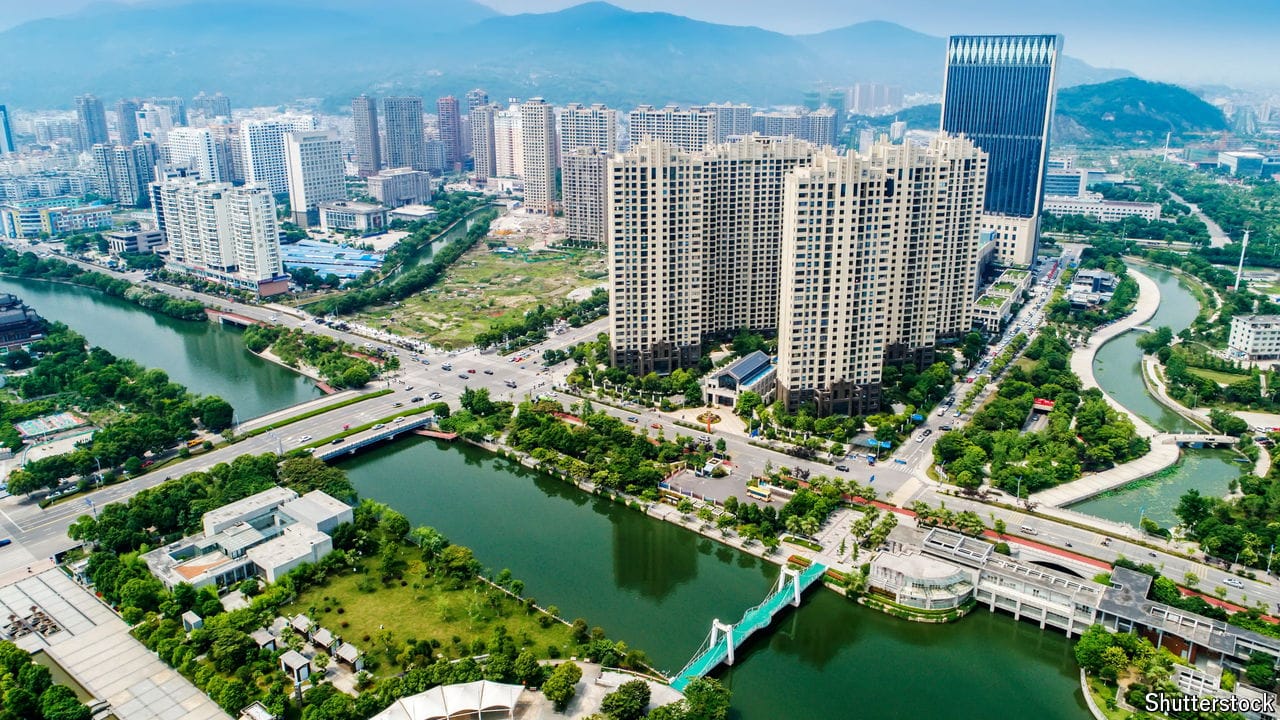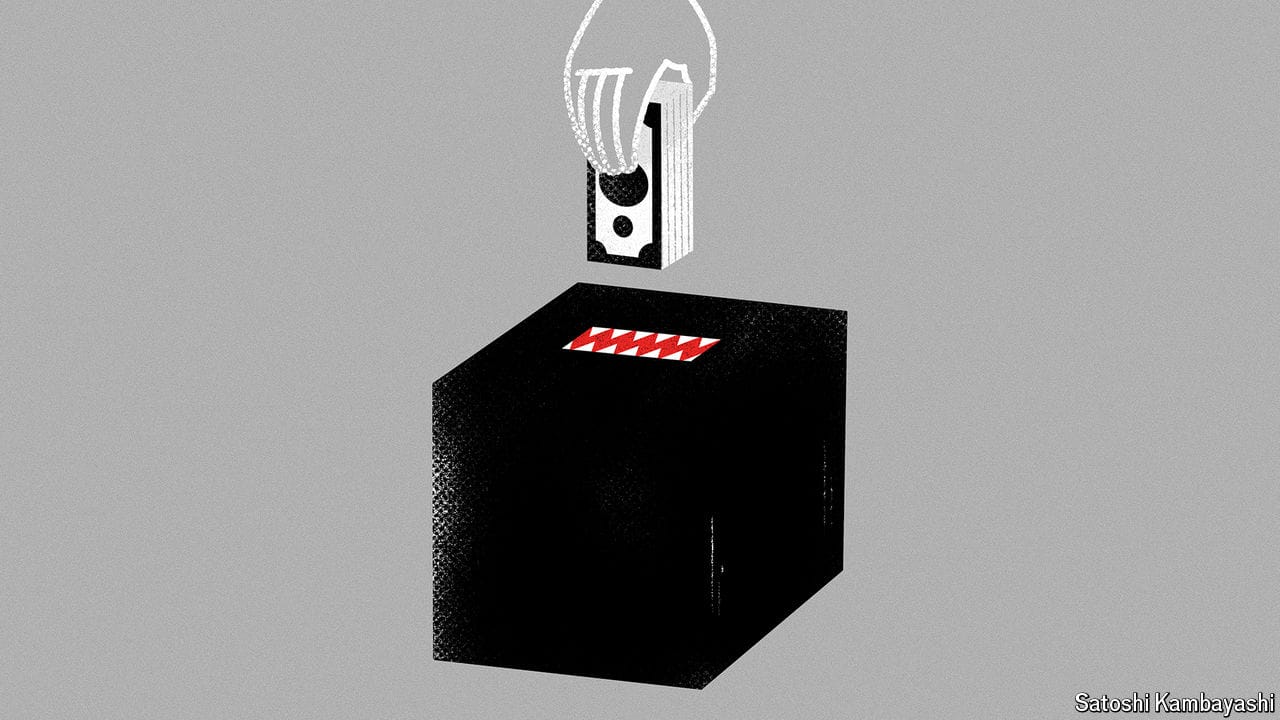Economists explore the consequences of steering technological progress
Global warming and AI raise questions about how to manage innovation

SINCE THE ancient Greeks, at least, people have recognised that civilisational progress tends to create havoc as well as opportunity. Economists have had little time for such concerns. To them, technological progress is the wellspring of long-run growth, and the only interesting question is how best to coax more innovation out of the system. But in the face of looming social challenges, from climate change to inequality, some are now asking whether, when it comes to innovation, what sort is as relevant as how much.
Early models of growth did not explain technological progress at all, treating it rather like manna from heaven. In the 1980s some economists worked to build endogenous-growth models that said where innovation came from. They explained it as the consequence of investment in research and development, increases in the stock of human capital, or the (temporary) extra profits that can be reaped by firms with new technologies. Other economists have focused more on data than on theory. “Who Becomes an Inventor in America? The Importance of Exposure to Innovation”, a paper published in 2018 in the Quarterly Journal of Economics, identifies factors that seem to encourage young people to become innovators. Children who grow up where innovation rates are high, for instance, are more likely to become inventors themselves.
This article appeared in the Finance & economics section of the print edition under the headline “Prometheus undirected”
Finance & economics January 18th 2020
- Emerging economies are experiencing a prolonged productivity slowdown
- What the semiconductor industry tells us about the world economy
- Oil markets shrug off tension in the Middle East
- The new US-China trade deal marks an uneasy truce
- BlackRock says it wants to do more for the climate
- Economists explore the consequences of steering technological progress
More from Finance and economics

China’s last boomtowns show rapid growth is still possible
All it takes is for the state to work with the market

What the war on tourism gets wrong
Visitors are a boon, if managed wisely

Why investors are unwise to bet on elections
Turning a profit from political news is a lot harder than it looks
Revisiting the work of Donald Harris, father of Kamala
The combative Marxist economist focused on questions related to growth
Donald Trump wants a weaker dollar. What are his options?
All come with their own drawbacks
Why is Xi Jinping building secret commodity stockpiles?
Vast new holdings of grain, natural gas and oil suggest trouble ahead
